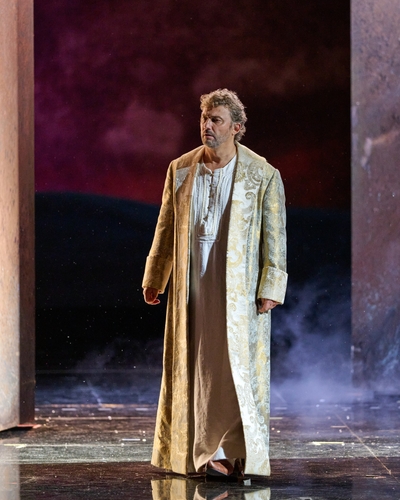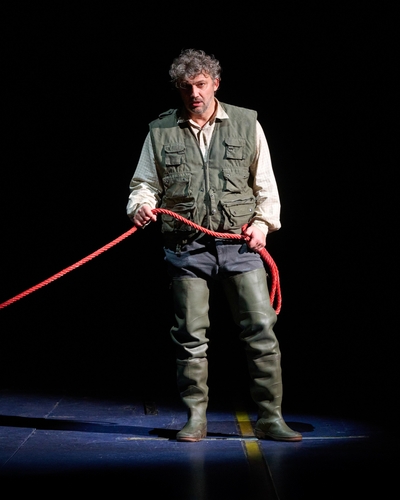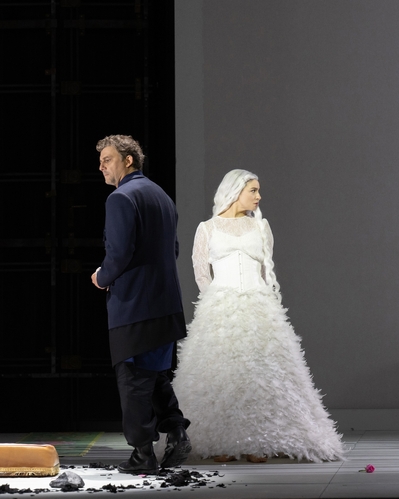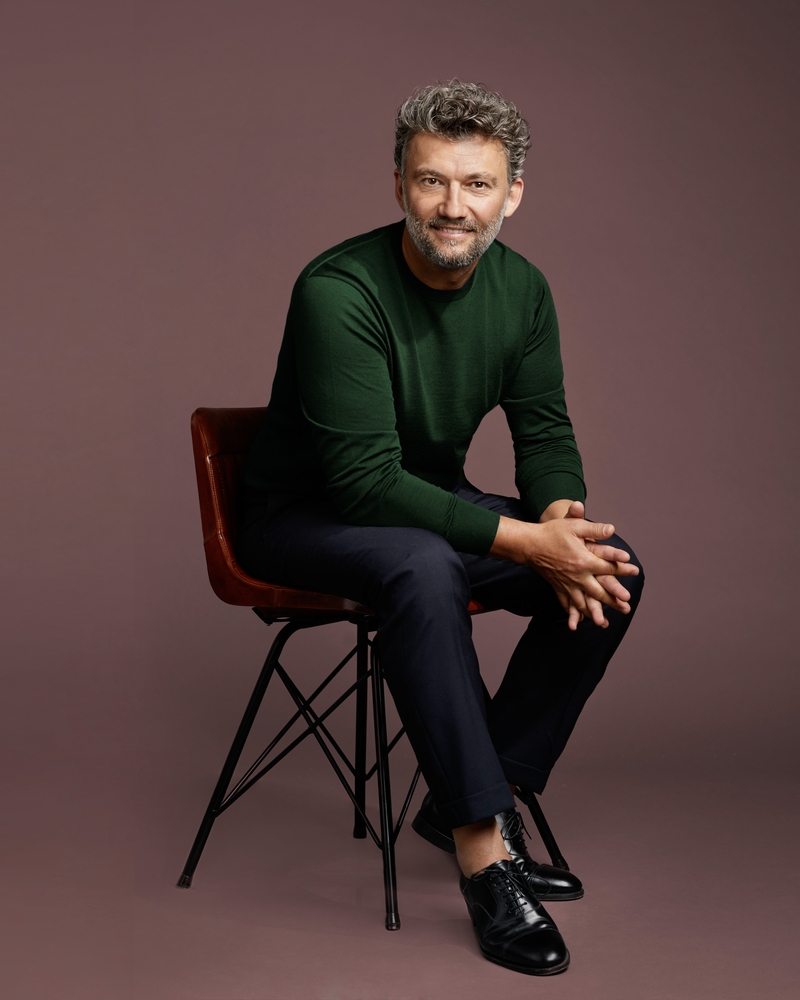Kaufmann sings Canio
Interview |
Opera lovers' calendars look different. It is not Sundays that are marked in red, but the dates of premieres, revivals, debuts and performances by favourite singers. For example, the evenings with Jonas Kaufmann is particularly marked - especially when he sings a role in an opera house for the first time. In the case of the Vienna State Opera: 12 January, Canio in Pagliacci.
In view of the series of performances, Jonas Kaufmann gives a few insights into his view of the character and his musical approach.
Your last two roles at the State Opera were Calaf and Otello. To what extent do these two roles differ from Leoncavallo's verismo?
Jonas Kaufmann: All these roles are highly emotional. But in terms of the danger for the singer of being carried away by his emotions, Canio is perhaps more similar to Otello. Although it is not a difficult role in purely quantitative terms with many top notes, this rage, this raging jealousy of Canio can very quickly drive an actor into dangerous waters as a singer.
What is so demanding and challenging about Canio?
The combination of bitter irony, bitterness and brutality with this fragility in "Vesti la giubba". This opens up a wide field of vocal and scenic interpretation for the singer.

Jonas Kaufmann as Otello

Jonas Kaufmann as Peter Grimes

Jonas Kaufmann as Calaf with Asmik Grigorian as Turandot in »Turandot«
Is it possible to draw conclusions about the composer's image of man from the differentiated drawing of a figure »from the people« ?
It is very interesting to see how noble and distinguished Leoncavallo, who in his private life cultivated a rather communist way of thinking from today's perspective, musically characterised this simple man, the director of a poor circus troupe. Ultimately, this also characterises the difference between Italy and France. In France, the noble and refined were reserved for the aristocracy. In Italy, people were always oppressed, whether by the Austrians, French or Spanish - whoever ruled there, there was no code of honour from above, it was cultivated by the common people. Against this background, I see the nobility and »honour« in the text and above all in Canio's music.
Canio is not a cross-country race, but a sprint. What do you prefer as a singer? Short and intense like Canio or a performance that lasts a whole evening?
Even if it's not the longest part, you have to concentrate and organise your energy. After singing Turiddu and Canio on the same evening ten years ago in Salzburg, I'm very pleased to be able to concentrate all my energy on Canio now and to be able to draw on the full potential. In my opinion, it is often difficult for a singer to bridge long pauses and remain at the same level of concentration and intensity, both energetically and vocally. You almost have to approach some parts as if you were singing individual operas one after the other. This is certainly not the case with Canio, even if you have a whole break in the middle of the opera.
Do you look forward to arias like »Vesti la giubba« as much as the audience does? Or are these great »hits« particularly challenging because they are so well-known?
Such »Schlager« songs are of course famous for a reason, and the beauty and expressiveness of this music is just as accessible to the singer as it is to the audience, so I always look forward to these goosebump moments.
